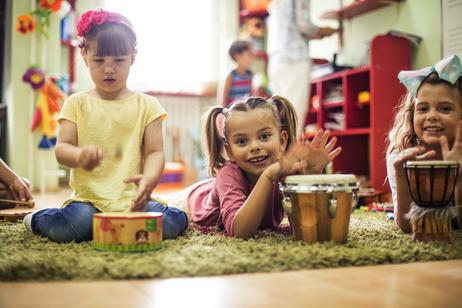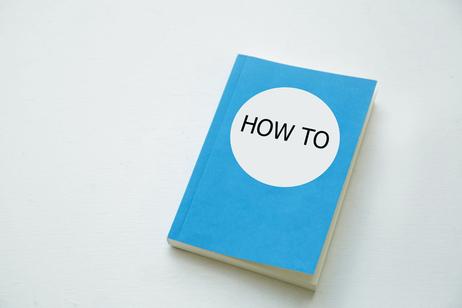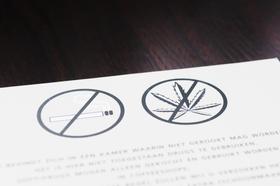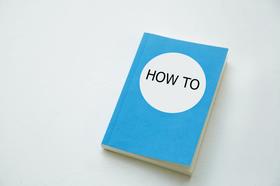Choosing the right educational path for your child is one of the most significant decisions you'll make as a parent. I have compiled this guide to help you navigate the complex, often confusing, world of private school education. I want you to understand why it might be the right choice for your family. I'll show you how to weigh the pros and cons of boarding schools versus day schools. Then, we'll identify the key factors that should influence your decision. Drawing from my years of experience in the private education sector, we'll explore real-world scenarios, expert insights, and practical advice to empower you in making this crucial choice.
Whether you're just beginning to consider private school or are deep into the selection process, this booklet will provide you with the tools and knowledge to make an informed decision that aligns with your family's values and your child's needs and requirements.
Chapter 1
7 Reasons Why Private School May Be The Right Choice
As parents, we all want the best for our children, especially when it comes to their education. Many of us who choose private schools share common goals: we want our children to think critically, analyze information, and read widely. My late wife and I, for instance, wanted to stretch our girls academically, which led us to private school. Our backgrounds - her passion for literature and languages and my career in church music - shaped our educational priorities. Likewise, your own personal experiences



















